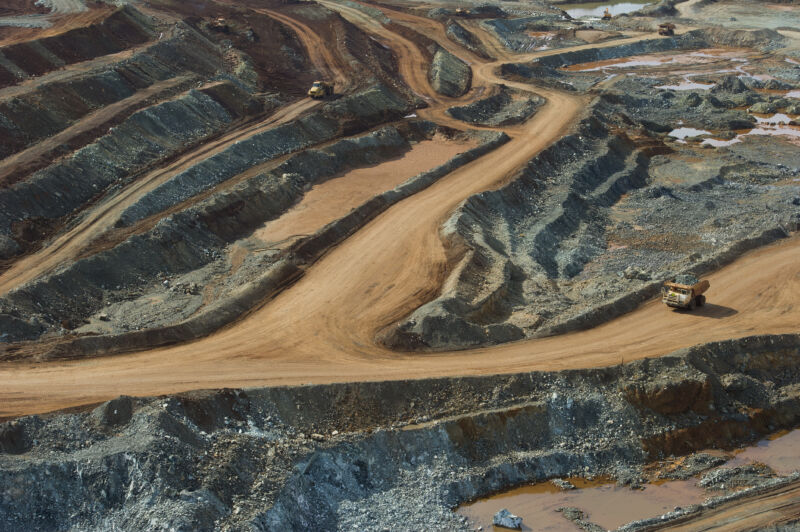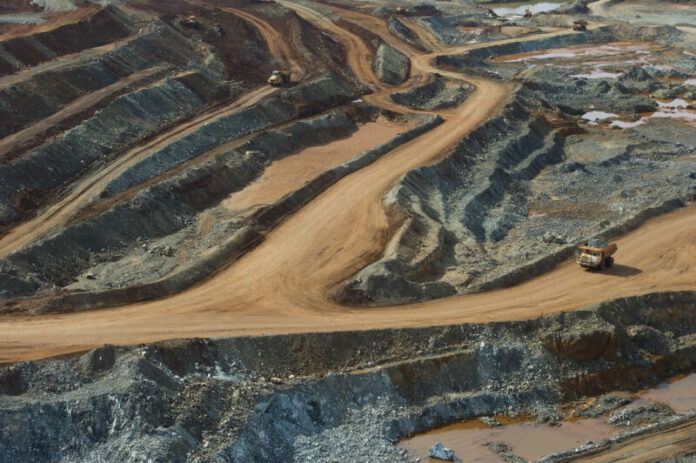
Enlarge / Metallic asteroids contain more than a thousand times as much nickel as the Earth's crust. (credit: Arne Hodalic/Getty)
Everyone’s into asteroids these days. Space agencies in Japan and the United States recently sent spacecraft to investigate, nudge, or bring back samples from these hurtling space rocks, and after a rocky start, the space mining industry is once again on the ascent. Companies like AstroForge, Trans Astronautica Corporation, and Karman+ are preparing to test their tech in space before venturing toward asteroids themselves.
It’s getting serious enough that economists published a series of papers on October 16 considering the growth of economic activity in space. For instance, a study by Ian Lange of the Colorado School of Mines considers the potential—and challenges—for a fledgling industry that might reach a significant scale in the next several decades, driven by the demand for critical metals used in electronics, solar and wind power, and electric car components, particularly batteries. While other companies are exploring the controversial idea of scooping cobalt, nickel, and platinum from the seafloor, some asteroids could harbor the same minerals in abundance—and have no wildlife that could be harmed during their extraction.

Lange’s study, coauthored with a researcher at the International Monetary Fund, models the growth of space mining relative to Earth mining, depending on trends in the clean energy transition, mineral prices, space launch prices, and how much capital investment and R&D grow. They find that in 30 to 40 years, the production of some metals from space could overtake their production on Earth. By their assessment, metallic asteroids contain more than a thousand times as much nickel as the Earth’s crust, in terms of grams per metric ton. Asteroids also have significant concentrations of cobalt, iron, platinum, and other metals. And thanks to reusable rockets developed by SpaceX, Rocket Lab, and other companies, since 2005 launch costs for payloads have plummeted by a factor of 20 or so per kilogram—and they could drop further.
Read 14 remaining paragraphs | Comments
Ars Technica - All contentContinue reading/original-link]




